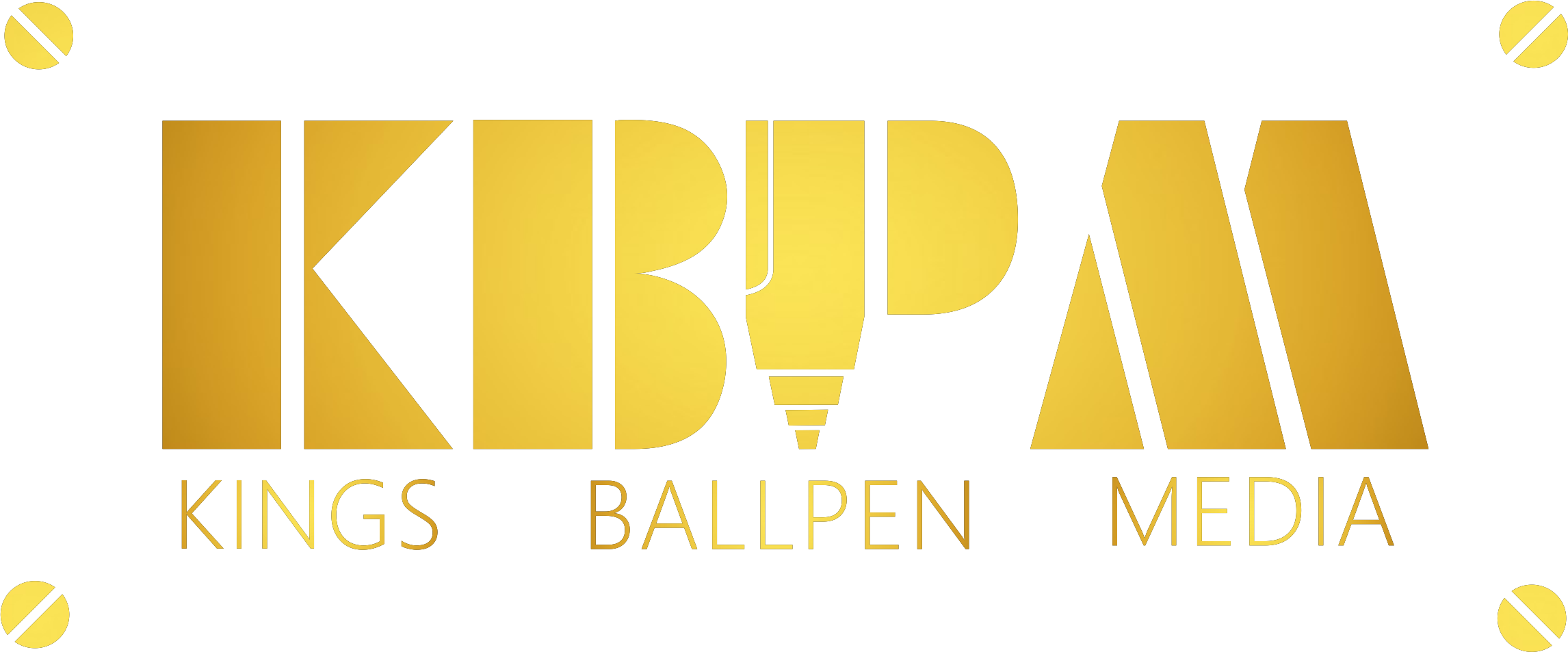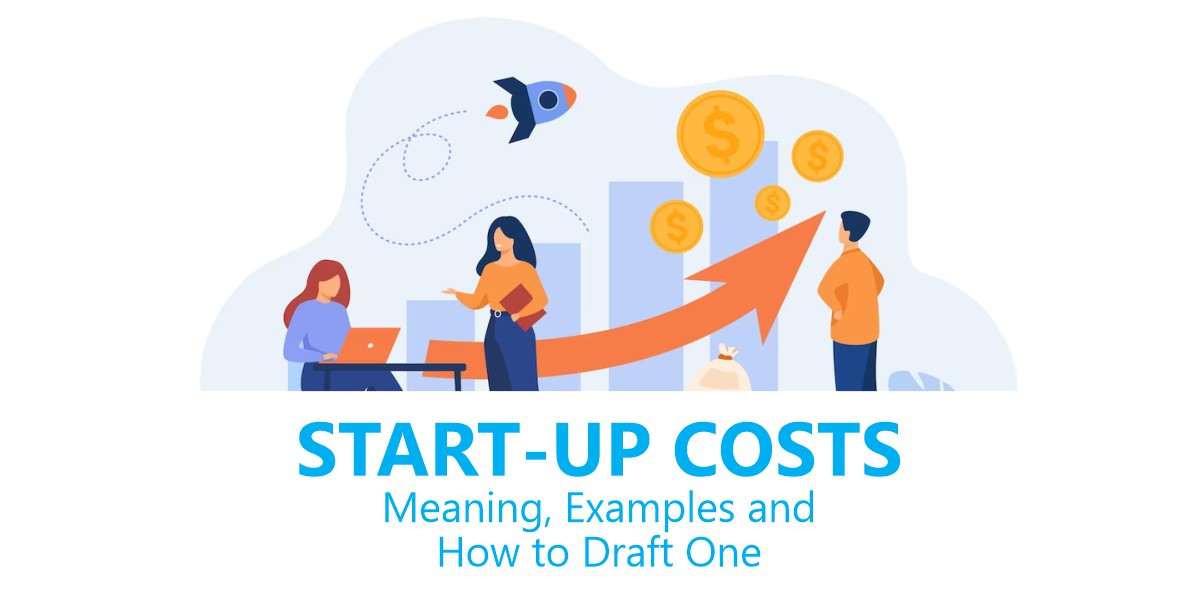What Are Start-Up Costs?
Startup expenses are the costs experienced by a new business before it begins to generate money. These expenses include research and development, legal and accounting fees, equipment and supplies, marketing and advertising, salaries and wages, rent or lease payments, and insurance, among others, that a corporation incurs when launching its operations. These expenses are required for the business to function and are necessary for the business to begin earning money.
Startup costs are used to plan and budget for a new business’s first expenses. They are also used to estimate the amount of start-up capital a new business will require. For instance, if a business owner is aware that their launch expenditures would be $100,000, they will need to seek capital of at least that amount to pay those costs.
Financial predictions, which are estimations of a company’s future financial success, also incorporate startup expenses. These forecasts can be used for a variety of purposes, including future company activity planning, securing funds from investors or lenders, and evaluating the possible return on investment of a new initiative or endeavour.
In conclusion, beginning costs are essential for new businesses since they assist determine the expenses that will be required to get the business up and going. In addition, they aid in budgeting and financial planning and provide a foundation for predicting future financial success.
Examples of Start-Up Costs or Expenses
Research and Development (R&D) costs: These are the costs connected with creating and evaluating the product or service that a company will sell. This can include material, equipment, and labour expenses. For instance, a technology startup may incur R&D expenses when developing and evaluating a new software program.
Legal and Accounting fees: These costs are related to incorporating the business and establishing its legal framework. This may include expenditures associated with registering the business, acquiring licenses and permissions, and completing legal documentation. A law firm, for instance, may incur legal and accounting expenditures to establish its practice.
Equipment and supplies: These expenses pertain to the cost of purchasing or leasing the equipment and supplies required to operate a business. For instance, a manufacturing company may incur expenses for the acquisition of machinery and raw materials.
Marketing and advertising: Relate to the costs connected with recruiting clients and marketing the business. This can include advertising, public relations, market research, and website development expenses. A new restaurant may incur expenses for a grand opening ceremony, leaflets, and online advertisements.
Salaries and wages: These are the costs involved with employing workers. This may include personnel pay, benefits, and training expenses. For instance, a retail store may incur costs associated with hiring personnel.
Rent or lease payments: These charges are for the renting or leasing of office or retail space. For instance, a new clothing store may suffer rental fees for a storefront in a prominent location.
Insurance: These charges represent the cost of acquiring insurance to protect the firm. This may cover liability, property, and workers’ compensation insurance. For example, a construction company may pay money to protect against accidents by acquiring liability insurance.
Examples of startup costs for different types of businesses
A retail store: Costs associated with retail merchandise, fixtures, equipment, signs, and leasehold improvements.
A restaurant: Costs for culinary equipment, inventory, leasehold improvements, and business permits for a restaurant.
A technology company: A technological company’s expenditures on research and development, software, and hardware, as well as legal and accounting fees.
A service-based business: Equipment, marketing, and office space expenses for a service organization.
It’s important to note that startup costs vary widely depending on the type of business, the industry, the size, and the location.
How to identify your startup expenses
Identifying your startup expenses in detail is an important step in creating a sound financial plan for your new business. Here are a few steps to help you identify your expenses:
Create a list of all the expenses you anticipate: Begin by listing all the expenses you expect to incur when starting your business. This might include everything from rent and utilities to equipment and inventory, to salaries and marketing expenses. Be sure to include both one-time and recurring expenses.
Categorize your expenses: Group your expenses into categories, such as equipment, inventory, office expenses, legal and accounting, insurance, and marketing. This will help you see where most of your money is going and prioritize the expenses that are most important for your business to function.
Research costs for specific items: Research the costs of specific items and services that you will need for your business. Look for the best deals, and compare prices from multiple vendors.
Get quotes: Get quotes from vendors and contractors to help you budget for specific expenses. Be sure to get quotes for different options, so you can compare costs and make informed decisions.
Identify any unexpected expenses: Be aware of unexpected expenses that may arise, such as repairs or unexpected legal or accounting fees. This can help you plan for contingencies and have a cushion for unexpected expenses.
Review and adjust: As you move forward with your business, review your expenses regularly and adjust your budget as necessary. This will help you stay on top of your spending and make any necessary adjustments to keep your business on track.
It’s important to note that startup costs can be difficult to predict and may change as the business develops, so it’s important to be flexible and review the expenses regularly. Furthermore, it’s advisable to consult with a financial professional or accountant to help you identify and plan for all your startup costs.
Quick Links
Business Plan – Definition, Importance & What is Included
Financial Statements – Types and How To Read Them
Understanding Revenue Assumptions – Its Uses and Application
A Quick Guide to Expenses Assumption – Its Uses, Application and How to Create a Schedule
A Quick Guide to Payroll Expenses
A Quick Guide to Understanding Income Projection
An Overview on Profit & Loss table or Income Statement
What is Cash Flow – Its uses, importance & how to derive your cash flow statement
An Overview of Balance Sheet Statement & its Function
Breakeven Analysis – A Complete Guide



Leave a Reply